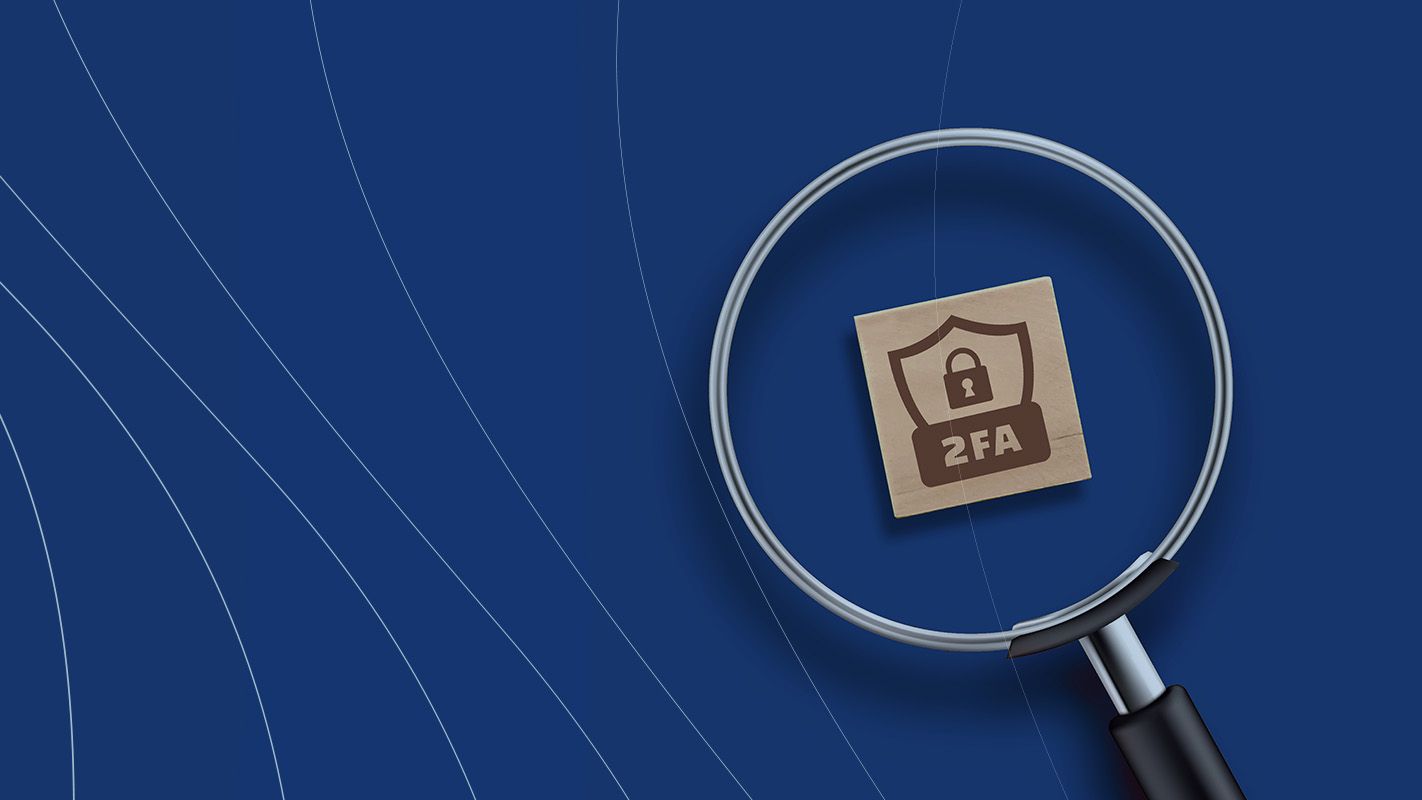In the rapidly evolving digital world, ensuring the safety of your telecommunications account is paramount. Security breaches can result in significant financial losses and compromise sensitive information. So, it is essential to adopt a proactive approach to counteract potential threats. This article provides comprehensive tips and recommendations to enhance the security of your telecom accounts.
The essence of password management
- Unique passwords: Reusing passwords might seem convenient, but such a practice can endanger all your accounts. Therefore, having a distinct password for each platform is the wiser choice, ensuring each account maintains its individual security. Moreover, it is essential to replace all default manufacturer passwords with strong, unique ones to prevent potential vulnerabilities.
- Immediate action: If you become aware that your service provider’s security has been breached and you have used the same password elsewhere, it is crucial to change it without delay. Taking this swift measure serves as a protective barrier, guarding against unauthorized access.
- Routine updates: Regularly refreshing your passwords, say every six months, renews your account security and keeps potential cyber threats at bay.
- Strength in characters: Avoid predictable passwords, as they are like an open invitation for hackers. Crafting a complex password, a mix of numbers, letters, and symbols, is like building a digital fortress. It might take a bit more effort to remember, but the security it offers is priceless.
Two-Factor Authentication (2FA)
- Double-lock system: 2FA offers an extra layer of protection by requiring two types of identification before granting access. This could be a text message code sent to your phone, a fingerprint, or even a facial scan. By requiring dual authentication, 2FA ensures that even if someone has stolen your password, they will not easily gain access to your account.
Communication and data storage
- Email caution: Sending sensitive information, such as passwords or SIP account details, via email might seem quick and convenient, but it is like openly broadcasting your secrets. Using unencrypted communication channels to send SIP credentials is a risk not worth taking. Always choose secure methods when sharing sensitive data.
- Avoid storing: Whether scribbled in a notebook or saved in a digital note, stored passwords become real targets. They can be misplaced, stolen, or accessed maliciously. Embrace practices that prioritize memory or use specialized password managers to combine convenience and security.
Team and device management
- Controlled team access: Some telco providers offer role-based access to their account management systems. By assigning specific roles, you can define permissions and access levels for each team member. This approach ensures that individuals only access relevant sections of the account, safeguarding sensitive data and reducing potential security risks.
- Device security: Equipping devices used for VoIP calls with firewalls provides a strong defensive barrier. Moreover, you should avoid connecting your VoIP phone directly to the WAN and instead position it behind a router that uses Port Forwarding. It is also important to permit traffic only from trusted sources. Together, these protective measures ensure that all incoming and outgoing traffic is monitored, allowing only valid communication through and increasing defense against potential threats.
- Stay updated: Regular software and firmware updates enhance security, fixing identified vulnerabilities. Cyber attackers are always on the lookout for outdated systems with known security gaps. Regular updates fortify these weak points, optimizing the security of your telecom infrastructure.
Provider and financial safeguards
- Leverage provider features: Telco providers often equip their platforms with a range of security tools designed to mitigate risks. Utilize features like country prefix restrictions to block unwanted international calls, set capacity limits to manage traffic, and employ access control lists to specify which IP addresses can access your system.
- Banking security: Financial breaches can be particularly painful, both in terms of reputation and financial loss. Setting daily spending limits on credit cards is a proactive measure. It not only keeps your expenses in check but also acts as a first line of defense against any unusual or unauthorized transactions.
Notifications and alerts
- Stay informed: Most telco platforms come equipped with a variety of alert features designed to keep you in the loop. By activating notifications, such as account updates and balance alerts, you empower yourself with real-time insights. This constant awareness allows you to swiftly react to any unusual or suspicious activity on your account.
- Heed the warnings: Never dismiss provider notifications. Whether it is a warning about a security breach, an update that needs installing, or changes in your account settings, each notification is a beacon guiding you to take the necessary actions. Always give them the attention they deserve; they might be the shield preventing minor issues from escalating into major problems.
In Conclusion
In the vast realm of digital communications, securing your telecom accounts is not just a recommendation - it is a necessity. As technology progresses, so do the methods of those seeking unauthorized access. By proactively implementing the strategies outlined in this article, you arm yourself with the tools and knowledge necessary to safeguard your accounts, financial details, and sensitive information.
DIDWW makes every effort to protect customer information when using our global VoIP communication services. We offer a powerful Inbound and Outbound SIP trunking solution with rock-solid reliability, premium voice quality, and flexible trunk configurations. For more information on our SIP trunking services, please contact us today at sales@didww.com or via our live chat at any time.
